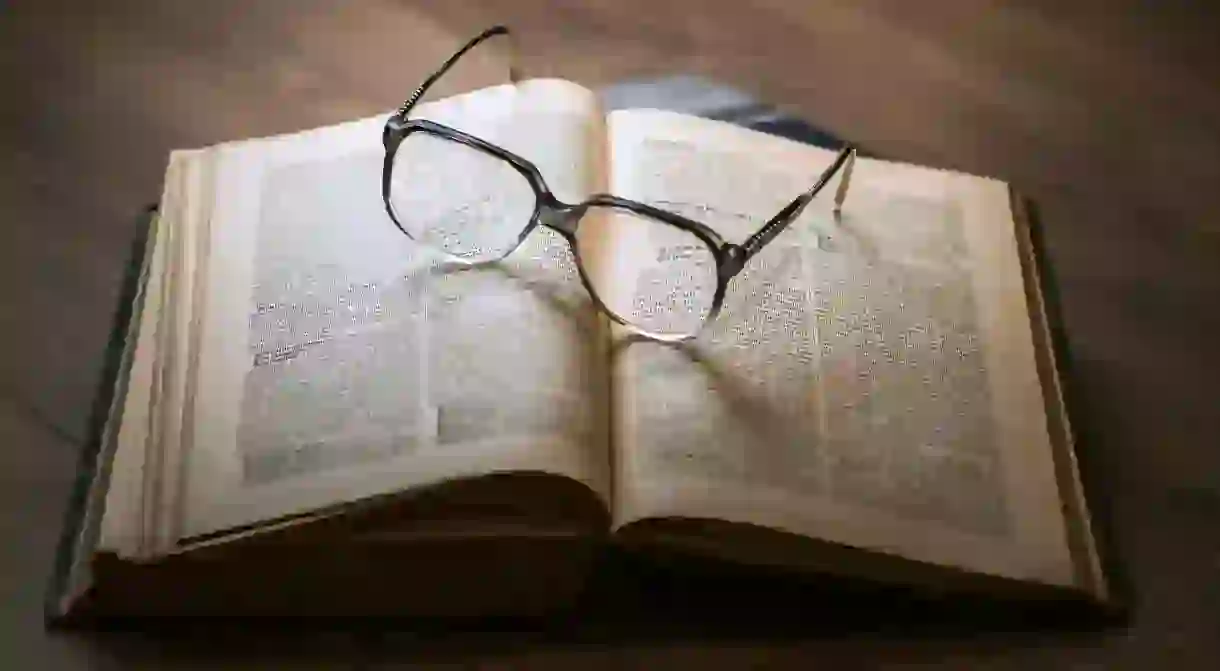Poland's Most Influential Non-Fiction Writers

Made internationally famous by Ryszard Kapuściński, Polish literary nonfiction is the country’s leading export, together with vodka and pickles. Even though the history of the genre can be traced back to the second half of 19th century and the works of Władysław Raymont and Boleslaw Prus, it is the late 20th-century writers such as Hanna Krall and aforementioned Kapuściński who are considered the true grandparents of modern literary reportage. Here is our selection of the most influential Polish non-fiction writers whose works you can enjoy in English.
Ryszard Kapuściński

Considered one of the greatest journalists of the 20th century, Ryszard Kapuściński elevated reporting into a literary art. His journalistic career gathered momentum in 1964, when he became the foreign correspondent of the Polish Press Agency, and for the next ten years he travelled the world witnessing the collapse of European colonialism and reporting on 27 revolutions and coups. He transferred his experiences into numerous books, among them The Emperor about the decline and fall of Haile Selassie’s regime in Ethiopia; Shah of Shahs about the decline and fall of Mohammad Reza Pahlavi, the last Shah of Iran; and Imperium, part personal travelogue, part memoir about his experience travelling in the Soviet Union in the late ’80s and early ’90s.
Hanna Krall
Most widely known for her writing on the Holocaust, Hanna Krall’s works were fundamental in shaping the Polish collective memory of that period. Her most famous book is Shielding the Flame, a transcript of her conversation with Polish Jewish cardiologist and social activist, Marek Edelman, who was one of the founders of Żydowska Organizacja Bojowa (Jewish Combat Organization) and who took over its leadership after the head-commander Mordechai Anielewicz was killed. In her writings, Krall often examines the past, most notably World War II, as a mean to make sense of the present.
Mariusz Szczygieł

A prominent representative of the next generation of nonfiction writers, Mariusz Szczygieł, who was Hanna Krall’s student at the University of Warsaw, is a strong believer in making the reader leave their usual comfort zones and luring them in with every well-crafted sentence. His most widely translated book, Gottland, first published in 2006, is a collection of reportages from the Czech Republic, painting a cubist-like portrait of the country though stories of its citizens. It received the European Book Prize.
Jacek Hugo-Bader
Known to international audiences primarily for his travel writing, Hugo-Badder is a raring and adventurous traveller. He covered Middle Asia, the Gobi Desert, China and Tibet on his bicycle, and he paddled across Lake Baikal on a kayak. In winter 2007, he embarked on a solo journey in a jeep from Moscow to Vladivostok, which he described in his first book White Fever: A Journey to the Frozen Heart of Siberia. A couple of years later, Hugo-Bader made another lonely journey, this time choosing to hitchhike from Magadan to Yakutsk. The collection of his reports appeared in Kolyma Diaries: A Journey into Russia’s Haunted Hinterland.
Wojciech Jagielski
Following the footsteps of Ryszard Kapuścińki, Wojciech Jagielski in currently the most famous living Polish war reporter. He has covered conflicts in Afghanistan, Chechnya and Uganda. For over two decades, he was a correspondent for Gazeta Wyborcza, leading Polish daily. His writing also appeared on BBC and in Le Monde. Two of his books were translated into English: Towers of Stone: The Battle of Wills in Chechnya, whichfollows Shamil Basaev and Aslan Maskhadov, two anti-Russian Chechen leaders who fight the Russian army as well as each other in an effort to gain power, and The Night Wanderers: Uganda’s Children and the Lord’s Resistance Army,which tells a story of Joseph Kony, the leader of the LRA.
Wojciech Tochman
Just like Wojciech Jagielski, Wojciech Tochman has been covering conflict zones for most of his career. However, unlike Jagielski who is more drawn to the spotlight of military interventions, Tuchman focuses on the aftermath of the conflict. His most internationally acclaimed work Like Eating Stone is a portrait of human devastation in the aftermath of the Bosnian Wars. Tochman writes about deeply complex socio-political issues through the lens of individual survivors who are in search for their family members.













